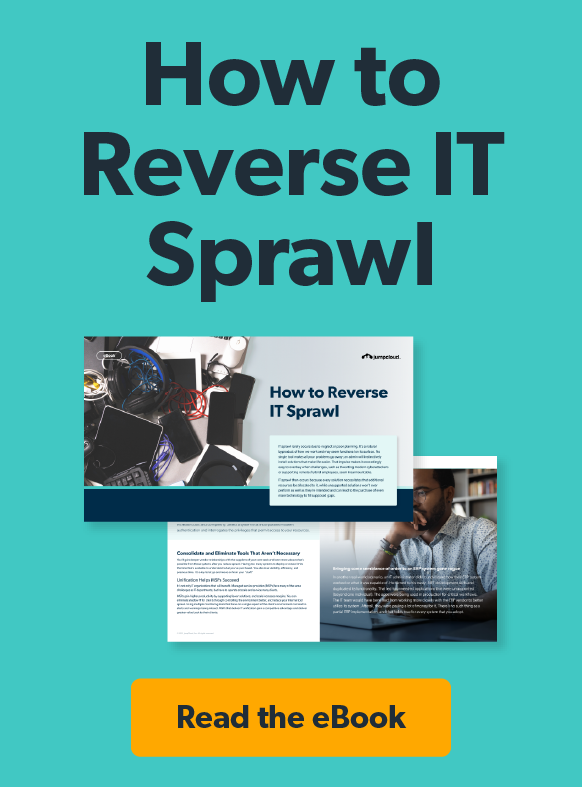Amazon has recently introduced a new service on its AWS® platform, called Cloud Directory. Because of its name, many IT organizations immediately jump to the conclusion that it is a replacement for the on-prem identity provider. Traditionally, the role has been held by Microsoft® Active Directory® (MAD or AD). So, is it really AWS Cloud Directory vs Active Directory?
The short answer is no. AWS Cloud Directory is not a replacement for Active Directory. AWS Cloud Directory is not even a replacement for the idea of directory services, but rather a different kind of directory (AWS). But, how are the two solutions so different? Let’s find out.
AWS Cloud Directory: A Different Kind of Directory

AWS acknowledges that the goal of AWS Cloud Directory is to be a repository for object data that can be hierarchically organized. The ideal vision of AWS Cloud Directory is a database from which complex organizational information or HR data can be built. This cloud directory approach is vastly different than the concept of authenticating and authorizing user access to Windows® systems, applications, files, and networks, which is what Active Directory does.
AWS Cloud Directory is intended to be a Platforms-as-a-Service solution from which IT organizations and developers can build solutions for their internal or external customers. AWS Cloud Directory is really just a database with a specific use—organizing objects hierarchically and adding in granular data and information about those objects. These solutions can be valuable to developers and IT admins that need the capability and don’t want to build it out themselves.
The Traditional Directory Service: Microsoft Active Directory

As stated earlier, the only real similarity in the matchup of AWS Cloud Directory vs. Microsoft Active Directory is the Directory in their names. Unlike the hierarchical nature of Cloud Directory, MAD is a directory service. Based on LDAP, AD maintains and manages directories of an organization’s users. With directories, IT admins can provision their users access to their systems and IT resources. AD’s GPO (group policy object) feature is a key tool in this functionality.
As the IT world shifted to the cloud, however, AD developed an increasing limitation. The traditional directory service is on-prem, and, as more and more enterprises leverage the cloud, AD’s functionality becomes strained. Of course, there are a variety of solutions, such as web-app SSO providers, that can flesh out AD for the cloud era, but with more software piled on, the overall toll of cost and complexity go up. When Amazon released AWS, and subsequently Cloud Directory, there was hope that it could be the cloud replacement for MAD.
AWS Cloud Directory vs Active Directory? The Results are In

In reality, the idea that AWS Cloud Directory would be competitive with AD is far from the case. Both solutions are complementary to each other. Neither of them, however, are a cloud-based directory service. For those who want a cloud-based directory service, there is another option on the market.
This solution is called JumpCloud® Directory-as-a-Service®, and it is the cloud directory service that authenticates, authorizes, and manages user identities to all of the IT resources those users need. What’s more, JumpCloud Directory-as-a-Service offers similar Policy functionality to AD’s GPO, making managing users and their systems simple, no matter the platform (Windows®, Mac®, and Linux®). JumpCloud Directory-as-a-Service also integrates with AWS platforms so sysadmins can provision access to AWS resources with True Single Sign-on™ for ease of use.
Learn More About JumpCloud

To see how JumpCloud Directory-as-a-Service is an answer to the question of AWS Cloud Directory vs. Microsoft Active Directory, schedule a demo of the platform or sign up to try it for yourself. Your first ten users are free forever. If you have any questions or concerns, you can contact our support squad, or check out our knowledge base.




